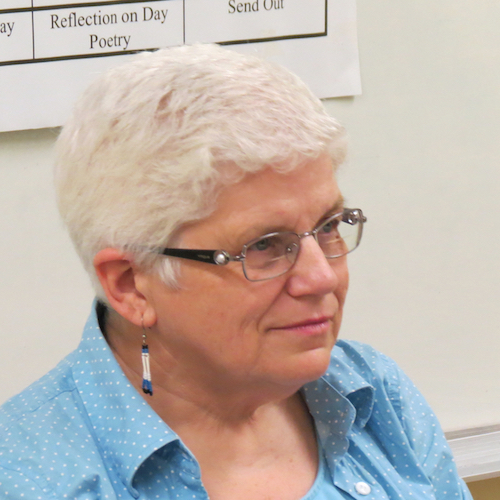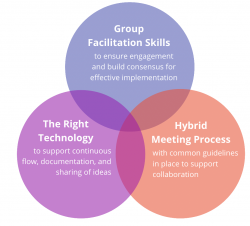We are all diminished by the harm and trauma of historical wrongs to indigenous people in Canada and around the world. Wrongs continue to this day and ignoring the history and trauma makes the situation worse. As ICA Associates Inc. we are committed to bringing out indigenous voices and wisdom wherever we can and bringing people together to co-create positive social change. We see ourselves as part of the healing process, sometimes directly and other times indirectly. And we believe that part of what it means to be Canadian is to say “yes” to all our shared history, not just the parts that make us feel good about ourselves.
On the first official National Day of Truth and Reconciliation on September 30th 2021 there is something brief and powerful you can do to commemorate the children found at the Kamloops Residential School. At 2:15pm Pacific Time join us and caring Canadians across the country as we honour the 215 unmarked graves and play this short drumming video created for this historic moment: https://tkemlups.ca/drum/
Another way to stop ignoring the history of trauma is to take time to educate oneself. There are many resources written by indigenous people that can enlarge our understanding of indigenous culture, what has happened in the past, what is currently happening, what the impacts are, and what we can do to heal the situation. Here are a few we have read and learned from that are speaking historical and personal truths. Feel free to expand on the list and dig a little deeper on your own.
Canadian Non-fiction
• Unreconciled, by Jesse Wente
• The Inconvenient Indian, by Thomas King
• 21 Things You May Not Know About the Indian Act: Helping Canadians Make Reconciliation with Indigenous Peoples a Reality, by Bob Joseph
• The Truth about Stories, Thomas King
• Seven Fallen Feathers by Tanya Talaga
Canadian Fiction
• Medicine Walk by Richard Wagamese
• Indian Horse by Richard Wagamese
A few years ago Thomson Highway compiled a Canadian anthology of indigenous writing with summaries of many books, fiction, non-fiction and more, and commentary:
• From Oral to Written: A Celebration of Indigenous Literature in Canada, 1980-2010, by Tomson Highway
American Sources
• Braiding Sweetgrass by Robin Wall Kimmerer
• Living Nations, Living Words, by Joy Harjo
A third simple step to take is to research where you are. Whose traditional territories are you in right now? What treaties (or not) apply to the land you are on right now? Many municipalities have “culture” plans that contain some research to help. There is an interactive mapping tool for you to explore at https://native-land.ca/
And finally, what response from ICA would be complete without a Focused Conversation on the topic…






